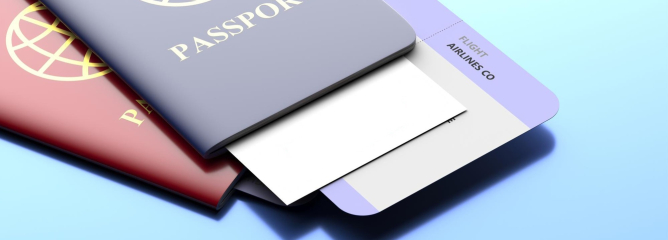
The Lebanese Republic is located in the eastern Mediterranean Sea in Western Asia. It borders with Syria and Israel. It is washed in the west by the Mediterranean Sea. The capital is Beirut, the largest city in Lebanon. The Litani River is the main source of water for the southern regions of the country. There are no navigable rivers. Lebanon is a parliamentary republic with a multi-party system. Lebanon's political system is based on an agreement between different religious and ethnic groups that cooperate within a complex system of government. Has a presidential system.
Climate. The climate is Mediterranean, which means there are four distinct seasons: spring, summer, autumn and winter. Summer is hot and dry. In summer, temperatures can rise above 35°C. Winters are cool and humid, with temperatures in coastal areas typically hovering between 10°C and 15°C.
Number. In 2022 the population was 5,489,739.
Language. In Lebanon, the official languages are Arabic and French. Arabic is the national language and is used daily in all areas of life, including official documents and education. French is used in business, education and government settings. It is also often used in high-level and urban communication. Many speak English and Armenian.
Historically, Lebanon has been considered one of the most developed countries in the Middle East, with a diverse economy, high levels of education and infrastructure. However, with the outbreak of internal and external conflicts, as well as serious economic and political crises in the country, the economic and social situation in Lebanon has deteriorated significantly.
The country faced one of the most serious financial crises in its history. This crisis led to government budget deficits, a debt crisis, high inflation and depreciation of the national currency. Many people found themselves unemployed and economic instability affected their incomes. High levels of inflation have led to an increase in the cost of living and a decrease in the purchasing power of citizens. Basic goods and services have become more expensive. Political divisions and corruption also had an impact on the economic situation in the country.
The educational system in Lebanon has 12 years of compulsory education, including primary, secondary and high school education. There are both public and private schools in the country. Education in Lebanon at the tertiary level is also recognized at a high level, and the country has several prestigious universities.
The healthcare system includes both public and private medical institutions. The public health system provides services to citizens, and many people in Lebanon have access to basic health care. Private medicine is known for its high-quality private medical system, which attracts patients from various countries in the region. Many private hospitals and clinics provide a wide range of medical services.
Lebanon is a small country known for its rich history, cultural heritage and beautiful landscapes. This small country on the Mediterranean coast offers many amazing places and attractions for its residents.
Lebanon is famous for its beautiful mountains and valleys. The Cedar Forest, which is a UNESCO World Heritage Site, and Lebanon's impressive cedar trees are a symbol of the country. In addition, the Bekaa Valley is famous for its vineyards and wineries. Many resort towns on the Mediterranean coast, such as Beirut and Jounieh, offer excellent conditions for a beach holiday. Beirut, the capital of Lebanon, has a variety of architecture, including modern skyscrapers and ancient Arab quarters. Beirut's Old Town (Bayreuth) is also an interesting historical site. Lebanon is rich in cultural heritage, which includes archaeological sites, ancient cities and numerous museums and art galleries.
The combination of beautiful nature, history, culture and cuisine makes Lebanon an attractive destination for tourism and recreation.
